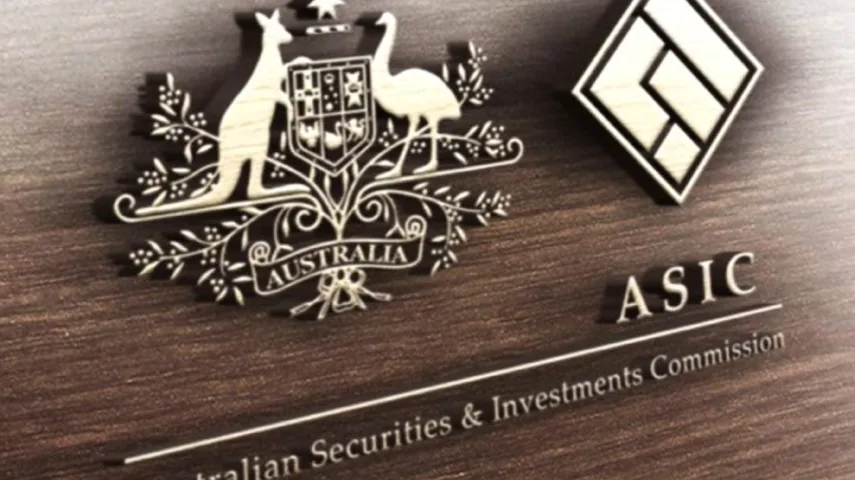ASIC puts super funds on notice over advice fee deductions



ASIC has called on superannuation funds to improve their oversight and monitoring of advice fee deductions following an investigation of 10 trustees.
The 10 trustees represent 8 million members and manage $923 billion in assets.
Released on 9 May, REP 781 Review of superannuation trustee practices: Protecting members from harmful advice charges covered a 12-month period, and found over $990 million was charged in advice fees over more than 476,000 member accounts.
Three trustees said they had not checked any advice documents on a risk or random basis. Some 50 per cent reported they had checked one to 49 documents, and 20 per cent said they had checked 50 or more.
In some cases, ASIC said fee caps were in place as high as $20,000, with few controls to protect members with low balances. Most trustees cited peer comparisons as a factor when setting fee caps, rather than the appropriate cost of providing advice or the advice needs of their members in relation to superannuation interests.
ASIC commissioner, Simone Constant, said: “Super trustees are responsible for members’ money held within the fund. Effective trustee oversight practices can help mitigate risks and protect superannuation members from real financial harm over the long term.
“Along with our peer regulator, APRA, we urge trustees to review and strengthen their practices to help members achieve their retirement ambitions.”
She noted that trustees had already been warned on this matter in April 2019, following the Hayne royal commission, and again in June 2021.
ASIC recommended superannuation trustees reassess their oversight processes by taking the following steps:
- Reviewing the ways financial advice documents are sampled to identify unscrupulous advisers providing harmful advice.
- Objectively considering the caps on advice fee deductions, including by using objective criteria to assess the cost of advice to help trustees determine appropriate fee caps.
- Enhancing adviser onboarding practices, including by vigilantly monitoring for financial advisers involved with cold calling businesses and using fact finds of advice licensees.
- Regularly checking ASIC’s Financial Adviser Register for unexpected adviser movements that might indicate a problem, maintaining watchlists and monitoring patterns or irregularities in advice fee deductions, withdrawals of member consent and rollovers into the fund.
Recommended for you
The Financial Advice Association Australia has appealed to licensees to urgently update their FAR records as hundreds of advisers are set to depart by the end of the year.
Demand for robo-advice tools is rising, a report has shown, but this is occurring simultaneously with rising demand for professional face-to-face advice.
ASIC has released the results of the latest financial adviser exam, held in November 2025.
Winners have been announced for this year's ifa Excellence Awards, hosted by Money Management's sister brand ifa.













@AlanKirkland - ASIC says no need to check all advice, But should more or less be doing ASIC's job for them.
Advice fees from super is a mess and getting worse - how hard could it be to legislate I acceptable form???
Wasn't ASIC just saying a couple of days ago "trust me bro - we won't make super funds check all your advice, we'll be reasonable"? This rhetoric seems to be indicating they'll pursue a path almost directly contrary to that?
We all know the funds will over-correct out of fear of persecution.
Here we go again. Didn't think I'd be considering retiring so early at 36.
If a member is in pension phase they should have full access to their funds. Ergo, if they sign a withdrawal form every year, it should be honoured. Why is Stephen Jones and the ALP (via their bureaucracies) trying to prevent income stream members having access to their own funds?
Meanwhile the government says it wants to lower the cost of advice.
The governments regulator is ballooning how much they charge advisers, a new complaints body that is paid for by advisers who haven't been complained against and now increased admin burden created by the governments regulator to both super funds and the advisers who are authorised by the government to provide the advice.
The words circle-jerk seem appropriate.
No wonder the public just gives up. For most getting advice is simply too hard and too expensive.
Sorry, every July I meet with each client who signs off on their FDS which disclosed adviser fees paid for the last 12 months and for Ongoing Financial Adviser Fee services form for the next 12 months, which is submitted to the Trustees of their superannuation accounts. Did the Macroprudential Albanese Government forget that client's had given their signed Microprudential approval?